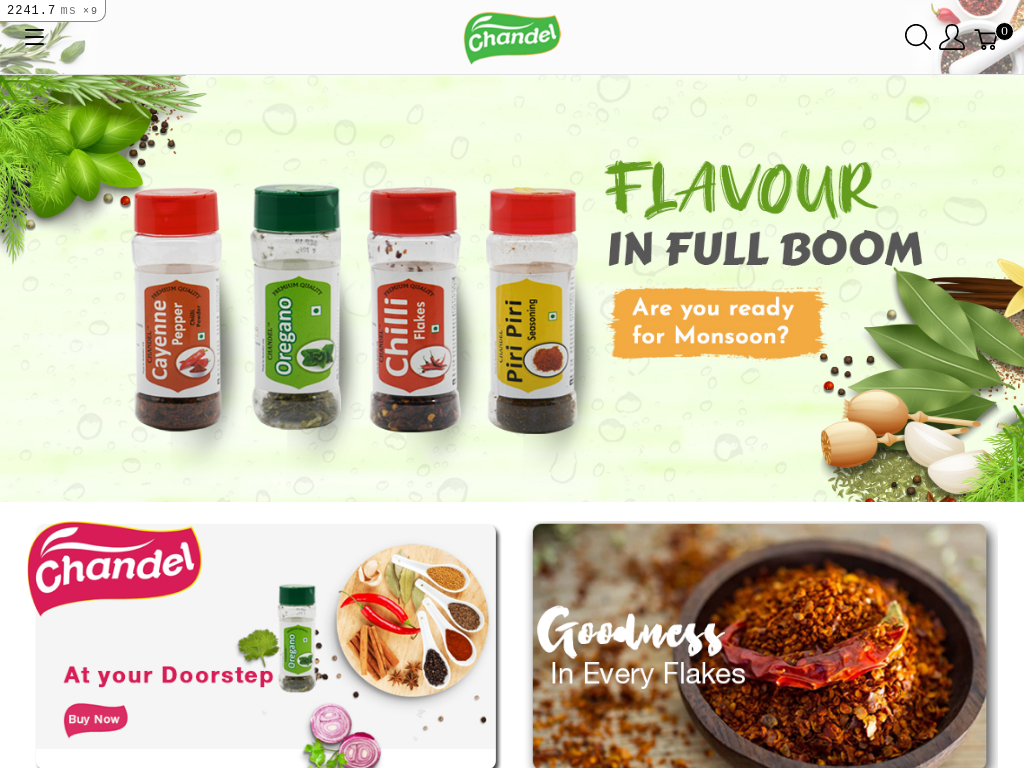Having led various marketing teams, I’ve seen firsthand the significant decline in email marketing results. Despite this, management still insisted on maintaining the email marketing calendar, and the marketing team continued to adhere to it. But it begs the question: why invest time in strategies that no longer yield strong conversions?
Email marketing has long been a cornerstone of digital marketing strategies. However, in 2024, its effectiveness is diminishing. Marketers are increasingly exploring alternatives that promise higher engagement and more meaningful interactions. One such alternative is WhatsApp Marketing, especially when leveraging the unofficial WhatsApp API. Here’s an in-depth look at why email marketing is losing its effectiveness and why WhatsApp Marketing is emerging as the superior choice for today’s businesses.
The Decline of Email Marketing
Email marketing, while still prevalent, is showing signs of fatigue. The statistics speak for themselves:
- Open Rates: The average open rate for email marketing is a mere 21%. This means that nearly 80% of your emails remain unread.
- Click-Through Rates (CTR): The average CTR for emails hovers around 2-5%, indicating a significant drop-off between those who open the email and those who engage with its content.
- User Engagement: The average user spends only 21 minutes per day checking emails, a number that is dwindling as users become more inundated with messages.
Why Email Marketing is Losing Ground
- Inbox Overload: Consumers’ email inboxes are flooded with promotional messages, leading to ‘banner blindness’ where marketing emails are often ignored or deleted without being read.
- Spam Filters: Stricter spam filters and the need for emails to pass through multiple gateways before reaching the inbox further diminish the likelihood of an email being seen.
- Delayed Responses: Unlike instant messaging, emails often suffer from delays in responses, making them less effective for time-sensitive communications.
The Rise of WhatsApp Marketing
WhatsApp Marketing, particularly through the Unofficial WhatsApp API, offers a refreshing contrast. Here are the compelling statistics that highlight its efficacy:
- Open Rates: WhatsApp messages boast an impressive 98% open rate, ensuring that your message is almost guaranteed to be seen.
- Click-Through Rates (CTR): WhatsApp messages offer a CTR of 45-60%, significantly higher than that of emails.
- User Engagement: The average user spends 33.5 minutes daily on WhatsApp, indicating a higher level of engagement with the platform.
Advantages of WhatsApp Marketing
- Immediate and Personal: WhatsApp messages are received instantly and are perceived as more personal than emails, leading to higher engagement.
- Multimedia Capabilities: WhatsApp allows for the sharing of images, videos, and even product catalogs, making it easier to showcase your offerings in an appealing way.
- Direct Interaction: With WhatsApp, businesses can engage in real-time conversations with customers, fostering stronger relationships and improving customer satisfaction.
A Comparative Analysis: WhatsApp vs. Email Marketing
Here’s a tabular comparison to illustrate the dominance of WhatsApp Marketing over Email Marketing:
| Metric | WhatsApp Marketing | Email Marketing |
| Open Rate | 98% | 21% |
| Click-Through Rate | 45-60% | 2-5% |
| Daily Engagement Time | 33.5 minutes | 21 minutes |
| Personalization | High | Moderate |
| Multimedia Support | Rich (images, videos, etc.) | Limited (attachments) |
| Instant Interaction | Yes | No |
See full comparison – WhatsApp Marketing VS email Marketing
Success Stories: Brands Embracing WhatsApp Marketing
Many forward-thinking brands have already made the switch to WhatsApp Marketing with remarkable success:
- Skullcandy: Uses WhatsApp for direct customer support and promotional campaigns.
- Cosco: Engages customers with product updates and special offers through WhatsApp.
- Vivo: Implements WhatsApp for customer service and WhatsApp bulk messages as marketing communications.
- PhysicsWallah: Utilizes WhatsApp to send educational content and notifications to students.
Why Send.icu for WhatsApp Marketing
For businesses looking to leverage WhatsApp Marketing, platforms like Send.icu offer a suite of tools to maximize impact:
- Broadcast to Unlimited Users: Send messages to an extensive audience with a single click.
- Automate Notifications: Integrate with your CRM to automate useful notifications on WhatsApp.
- Product Catalogs and Payments: Share product catalogs and collect payments directly within WhatsApp.
- Manage contacts and chats in CRM: With a small build-in CRM it’s easy to keep track of all your contacts and conversations.
- Use different phone numbers per campaign: With connecting multiple WhatsApp accounts to one campaign, you can send your messages through different phone numbers.
Getting Started with WhatsApp Marketing
Do’s
- ✅Collect Consent
- Why: To comply with regulations and avoid being blocked by users.
- How: Use lead magnets or other incentives to obtain permission from potential recipients before adding them to your messaging list.
- ✅Targeted Messaging
- Why: Sending relevant content to the right audience increases engagement and conversion rates.
- How: Segment your audience based on demographics, preferences, and behavior to tailor your messages appropriately.
- ✅Personalization
- Why: Personalized messages are more likely to resonate with recipients, fostering stronger connections.
- How: Use the recipient’s name and relevant details in your messages to make them feel valued and understood.
- ✅Use Automation
- Why: Automation helps streamline your campaigns, saving time and ensuring timely responses.
- How: Utilize tools to automate sending messages, follow-ups, and responses to frequently asked questions.
- ✅Monitor Metrics
- Why: Tracking performance metrics allows you to understand what’s working and what isn’t.
- How: Regularly analyze open rates, click-through rates, and conversions to refine your approach and improve results.
Don’ts
❌Don’t Spam
- Why: Spamming can lead to being blocked and damage your brand’s reputation.
- How: Avoid sending unsolicited messages and stick to sending content that your audience has opted in to receive.
❌Don’t Overwhelm Your Audience
- Why: Bombarding users with too many messages can lead to annoyance and unsubscribes.
- How: Maintain a balanced frequency and only send messages when you have valuable content or updates to share.
❌Don’t Ignore Responses
- Why: Ignoring responses can frustrate users and result in missed opportunities.
- How: Ensure you have a system in place to handle and respond to messages promptly and effectively.
❌Don’t Be Too Formal
- Why: WhatsApp is a more personal and informal platform; overly formal messages can seem out of place.
- How: Use a friendly and conversational tone that aligns with your brand voice but feels natural on the platform.
❌Don’t Neglect Compliance
- Why: Failing to comply with data protection regulations can lead to legal issues.
- How: Stay updated with regulations such as GDPR and ensure your messaging practices adhere to these rules.
Conclusion
While email marketing remains a part of many marketing strategies, its effectiveness is waning in the face of more dynamic and engaging platforms like WhatsApp. By embracing WhatsApp Marketing, businesses can enjoy higher open rates, better engagement, and more meaningful interactions with their customers.
Platforms like Send.icu make it easier than ever to harness the power of WhatsApp for business growth. Don’t wait—start your journey with WhatsApp Marketing today and watch your business thrive.
More




